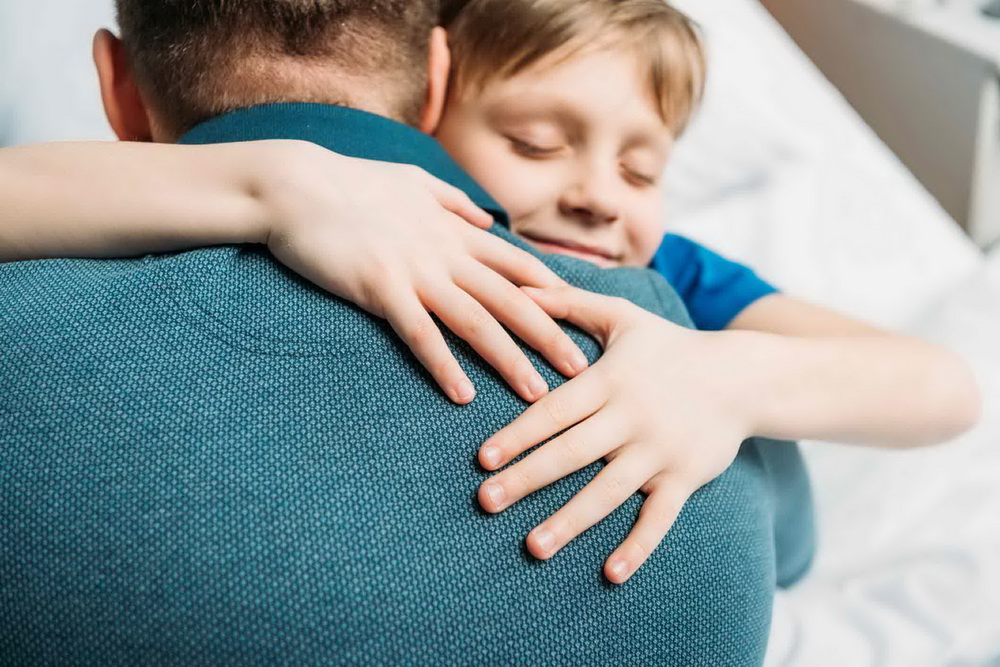In the United States, we celebrate Father’s Day on Sunday, June 19. I am a true believer that Fathers play an equally important role in a child’s overall development as Mothers do. This is, of course, a generalized statement, as I purposefully exclude all parents
(mothers and fathers) who are abusive, mentally unstable or emotionally unavailable from this conversation.
Emotionally available Fathers give their children the gifts of self-confidence, self- esteem and a strong sense of Self. These children feel protected in the world-which is very important for optimal brain development.
If you are a Father, please consider these ideas for connection with your child on a regular basis:
- Offer Special Time at least once a week.
- Spend time playing roughhouse ( and other wrestling-like activities) – but take the less powerful role!
- Allow for feelings to be fully expressed by your child in the moment. Don’t stop the crying. Contain the anger with calm and empathy.
- Learn to listen well without judging, interrupting or correcting.
- Learn to feel comfortable with your own emotions.
- Play to connect; not to win or to teach.
- Respect and show care for the child’s Mother.
I want to personally thank all Fathers and Father-figures in this world for being there for their children.
Resources on the role of Fathers in parenting:
- Fathers Are Primary Parents! (click here)
- How a Father’s Love Can Help a Child Thrive in Life (click here)
- Research on Impact of Fathers in Parenting (click here)
Testimonials from parents in the Conscious Parent Accelerator Program:
“After one and a half years practicing what I have been learning from the program, I can say I feel like a better person as a whole, a better mother, a better wife, a better woman and human being.I know I still have a lot to learn and heal but I feel so different in a good way. Thanks again and again Mihaela Plugarasu for having this vision and sharing your knowledge with us. 🙏🙏🙏” ( W.)
“Hi Mihaela Plugarasu! Last week I finally had a meeting with my son’s new teacher. She couldn’t understand why I insisted on meeting her until she read my son’s file. She told me that when she met him for the first time this year, he was a completely normal boy, connected in class, totally integrated with his classmates, a fast writer, playing with everyone during the breaks, and even showing emotion if he was not included in some game. That’s the exact opposite of what I would get from school for at least the past 4 years. She said if she hadn’t read the file, she would have never imagined my son used to have all those symptoms and even medication. I explained what a difference it made to now have evidence that this was the result of narcissistic abuse and not ADHD or learning disabilities. I cannot thank you enough for showing me how to support my son all this time in our journey from hell into normal life.” ( G.)
